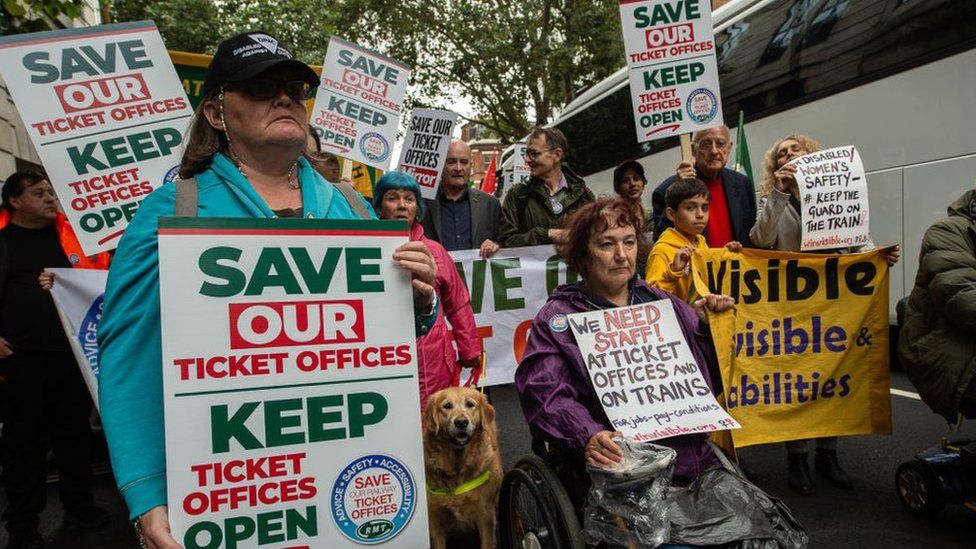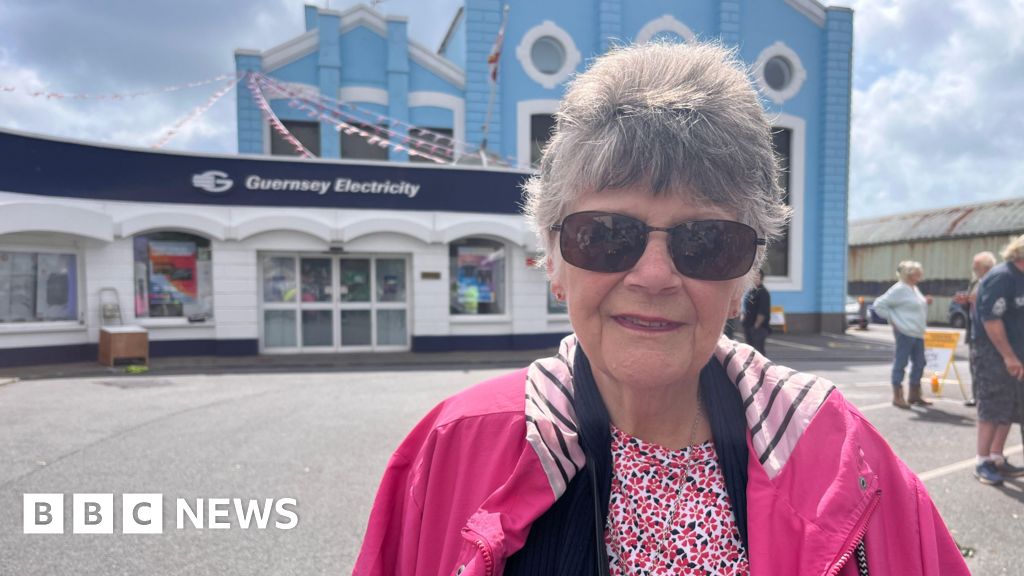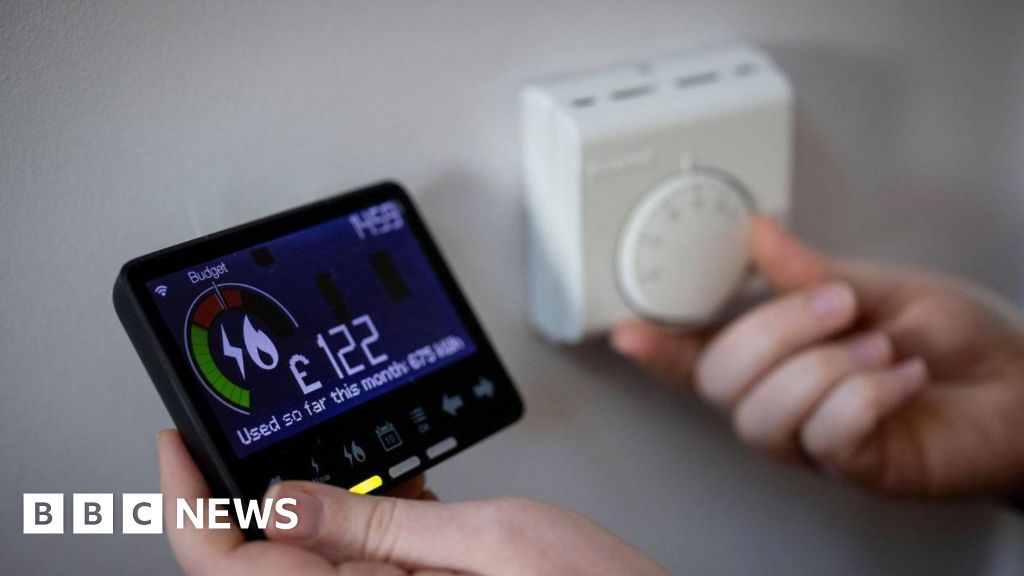ARTICLE AD BOX
 Image source, Getty Images
Image source, Getty Images
Demonstrators marched on Downing Street last Thursday
A backlash against plans to close most rail station ticket offices in England has led to a delay in the process.
A public consultation into the plans received 680,000 responses, which passenger watchdogs say is a record.
Transport Focus and London Travelwatch were originally due to assess them by 6 October, but asked for more time and now have until 31 October.
Unions and disability groups have hit out at the proposed changes over safety and accessibility concerns.
Train companies, which are under pressure from the government to cut costs, unveiled the proposals in early July.
The government-funded watchdog Transport Focus and London Travelwatch have been collecting public views and industry responses to the proposals before they will decide whether to support or object to the plans.
They asked for more time to assess them due to the volume of responses.
They will now analyse both the plans and the public's feedback, before responding to each train company's proposals online by 31 October.
If the watchdogs object, operators can refer their proposals to the transport secretary for a final decision.
Currently, nearly 300 stations in England run by train companies with Department for Transport contracts have a full-time staffed ticket office, while 708 are staffed part-time. Under the proposals, most would close.
The watchdogs say responses to the consultation have included concerns around "accessibility, safety and security, issues with ticket machines and how stations will be staffed in future".
The RMT union, which represents thousands of signal workers and maintenance staff, said that the "unprecedented" response was welcome.
Its general secretary Mick Lynch said it "reiterated the strength of feeling among the public against the dehumanisation of the rail network."
Baroness Tanni Grey-Thompson recently said that the closures would cause "big problems" for passengers with disabilities.
"Disabled people have a legal right to be able to turn up and get a train, we don't have to book, but actually if there is no staff on these stations, we're not going to be able to just turn up and get the next train," she told BBC Essex.
The rail industry is under pressure from the government to cut costs after being supported during the pandemic. It argues that only 12% of tickets are now bought at station kiosks.
Train operating firms have said that by closing ticket offices, staff would instead be moved on to train platforms to sell tickets, offer travel advice and help people with accessibility.
In a BBC interview last week, Robert Nisbet, a spokesperson for the Rail Delivery Group, which represents train operating companies, also left the door open to the industry rowing back on the scale of planned closures.
He said the consultation process was designed to address the "real concerns" of some rail users "individually at individual stations, rather than just being a national referendum about ticket offices".
Asked whether fewer ticket offices might shut than initially proposed, Mr Nisbet said: "Nothing has been agreed, nothing has been decided."
However, he added that the industry "was clear the direction of travel" should be "towards a digital future for the railway".

 1 year ago
66
1 year ago
66








 English (US) ·
English (US) ·